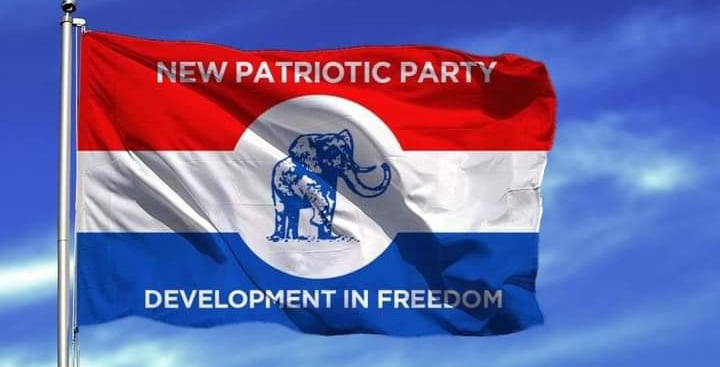Context and Background:
The New Patriotic Party (NPP), a major political force in Ghana, faced internal strife in the Tatale Sanguli constituency following the conclusion of recent elections. Fifty-eight members were suspended, accused of undermining the party’s official candidate. This incident sheds light on the challenges political parties encounter in maintaining unity and discipline, especially during and after elections. The suspensions highlight the tensions that can arise between party loyalty and individual actions, with potential repercussions for both the affected members and the party’s overall stability.
Allegations and Initial Response:
The constituency chairman, in a letter addressed to national and regional executives, accused the suspended members of working against the party’s candidate, alleging a breach of the NPP’s constitution. This allegation reflects concerns about internal sabotage and its impact on electoral outcomes. The accusations underscore the importance of party unity and the expectation that members will support their designated candidates. Meanwhile, Napare Prosper, a former communication officer and one of the suspended members, vehemently denied the allegations. He challenged the constituency chairman to provide evidence and demanded a fair hearing, highlighting the importance of due process and the right to defend oneself against accusations. This response signals a potential internal struggle and the need for a transparent process to address the situation fairly.
Impact and Potential Repercussions:
The suspension of a significant number of members could have far-reaching implications for the NPP in the Tatale Sanguli constituency. It could create divisions and weaken the party’s structure at the local level, potentially impacting future elections and the party’s ability to mobilize support. Furthermore, this situation could set a precedent for how the party deals with internal dissent, affecting the overall political climate and the relationship between the party leadership and its members. The accusations and the subsequent suspensions have the potential to erode trust and create further discord within the party.
The Need for Due Process and Fair Hearing:
Napare Prosper’s demand for a fair hearing underscores the importance of due process and natural justice in addressing such internal party disputes. Transparency and fairness are essential to ensure that the rights of the accused are protected and that decisions are based on evidence rather than mere allegations. A fair hearing process could involve providing the accused with detailed information about the specific allegations against them, allowing them to present evidence in their defense, and ensuring that an impartial body reviews the evidence and makes a decision based on the facts. This process can help maintain trust and ensure that the party’s actions are perceived as just and legitimate.
Implications for Party Unity and Future Elections:
This incident underscores the importance of fostering strong internal cohesion within political parties and emphasizes the need for conflict resolution mechanisms. Managing internal disagreements effectively is critical to maintaining party unity, which in turn affects the party’s electoral prospects. If the suspensions are not handled carefully, they could lead to further divisions and resentment, potentially impacting the party’s ability to perform well in future elections. Finding a way to reconcile and address the concerns of all parties involved is crucial for the long-term health and success of the NPP in the Tatale Sanguli constituency.
Broader Considerations for Ghanaian Politics:
The events in the Tatale Sanguli constituency highlight some of the broader challenges faced by political parties in Ghana. Maintaining internal discipline, upholding ethical standards, and ensuring that due process is followed are critical for the stability and legitimacy of the political system. This incident also reminds us of the importance of free and fair elections, where citizens can exercise their right to vote without fear or intimidation. It emphasizes the need for political parties to strengthen their internal democratic processes and safeguard against actions that could undermine trust in the democratic system. The resolution of this situation will likely be closely watched by other constituencies and could set an example for how internal party conflicts are managed in the future. The outcome will have implications not only for the NPP but also for the broader political landscape of Ghana.














